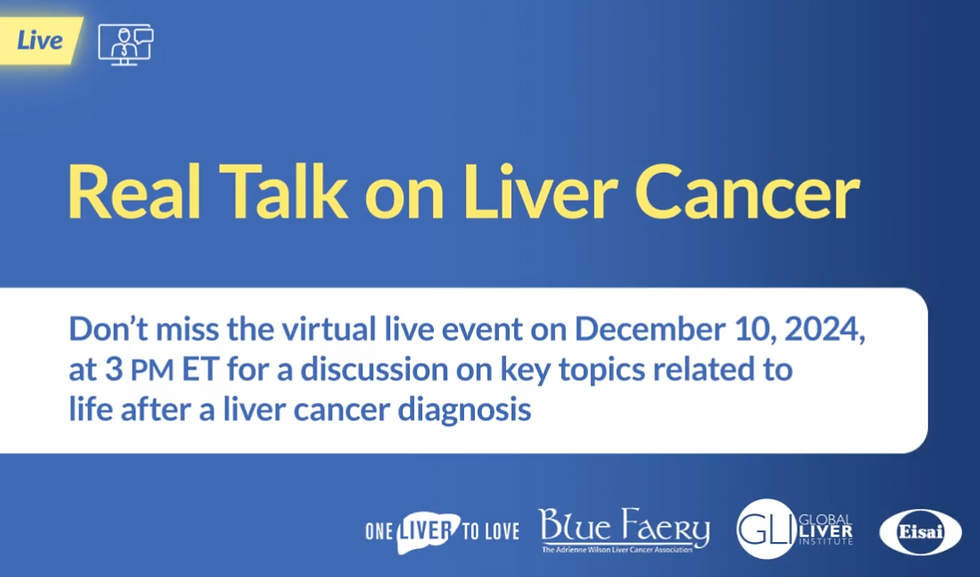How can doctors work with industry on social media?
- May 26, 2025
- 3 min read
Updated: Oct 27, 2025
Physician perspectives are key drivers on social media
This is a guest post from our friend Jessica Rider, a former executive leader at a top-tier healthcare marketing agency.
Doctors and industry can team up to share important information on social media. Doctors have special knowledge that can help other healthcare providers, patients and caregivers. The pharmaceutical industry knows this and wants to work with doctors to help teach people about diseases, medicines or medical devices.
Here are 2 ways doctors and companies can work together:
Unbranded (about a disease): These talks don’t mention any medicine or device. They just focus on teaching people about a disease.
Branded (about a medicine or device): These talks are more careful and follow strict rules in order to make sure all the information about a drug or device is correct and on-label. Some hospitals or institutions don't allow this type of engagement or may have rules around it, so please check with your Compliance or Legal teams.
Here are 3 ways doctors and companies can work together on social media:
1. Video interviews These videos can be recorded in person or online. A doctor talks about a topic they know well. The video takes 1-2 hours to record; potentially needing additional time to prepare. The video can be posted on a company’s YouTube page (about 15-20 minutes) or made into short clips (less than 90 seconds) for LinkedIn, Facebook, Instagram or X (formerly Twitter).
Examples:
Different specialists talked about caring for people with head and neck cancer throughout their journey. The video was posted on YouTube and short clips were posted on Facebook and Instagram.
Two doctors talked about early detection of endometrial cancer. Clips were shared on LinkedIn and X.
A doctor shared his experience with a thyroid cancer drug study. The video was posted on YouTube with clips on X.
Tip: If doctors are ok with being tagged in these posts, this can increase visibility of the videos and the participating healthcare provider.
2. Live social events
These are live talks on social platforms like LinkedIn or Facebook. They last about 30-45 minutes. There is usually one meeting before the event to plan and practice.
Examples:
A Facebook Live talk about liver health had a doctor, a person affected by liver cancer and a moderator.
A LinkedIn Live event about Alzheimer’s featured two doctors and a moderator sharing the science behind the disease.
Tip: People can ask questions in real-time, and the video can be shared later.
3. Social media posts by companies
Doctors can post content made by companies on their own social pages. This usually happens during a live event, a disease awareness month or a specific social campaign. Doctors will need time to review the post and share it.
Example: For a liver health event, posts were made for the doctor to share on his own pages to increase viewership.
Tip: The post should clearly disclose that the doctor worked with the company.
Payment
How much doctors get paid depends on the company (Fair Market Value), and can be negotiable. Most doctors are paid between $400 and $1,000 per hour. Make sure to include time spent traveling, preparing and reviewing when agreeing on the number of hours. All compensation must be reported per the Sunshine Act.
Conclusion
Social media is great way to partner with industry, share your perspective, and raise your online profile in the healthcare community. Keep in mind it's meant to be a partnership and there's always room to discuss what the engagement includes or doesn't include, so everyone is excited about the end product.

About Jessica Rider
Jessica has been in the healthcare marketing industry for over two decades, spending the last decade focused on social media. Leading a team at a healthcare marketing social media agency, Jessica worked with industry on social campaigns, both branded and unbranded, to engage patients, caregivers and healthcare professionals in an authentic way.
Follow Jessica on LinkedIn.




